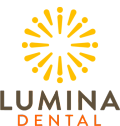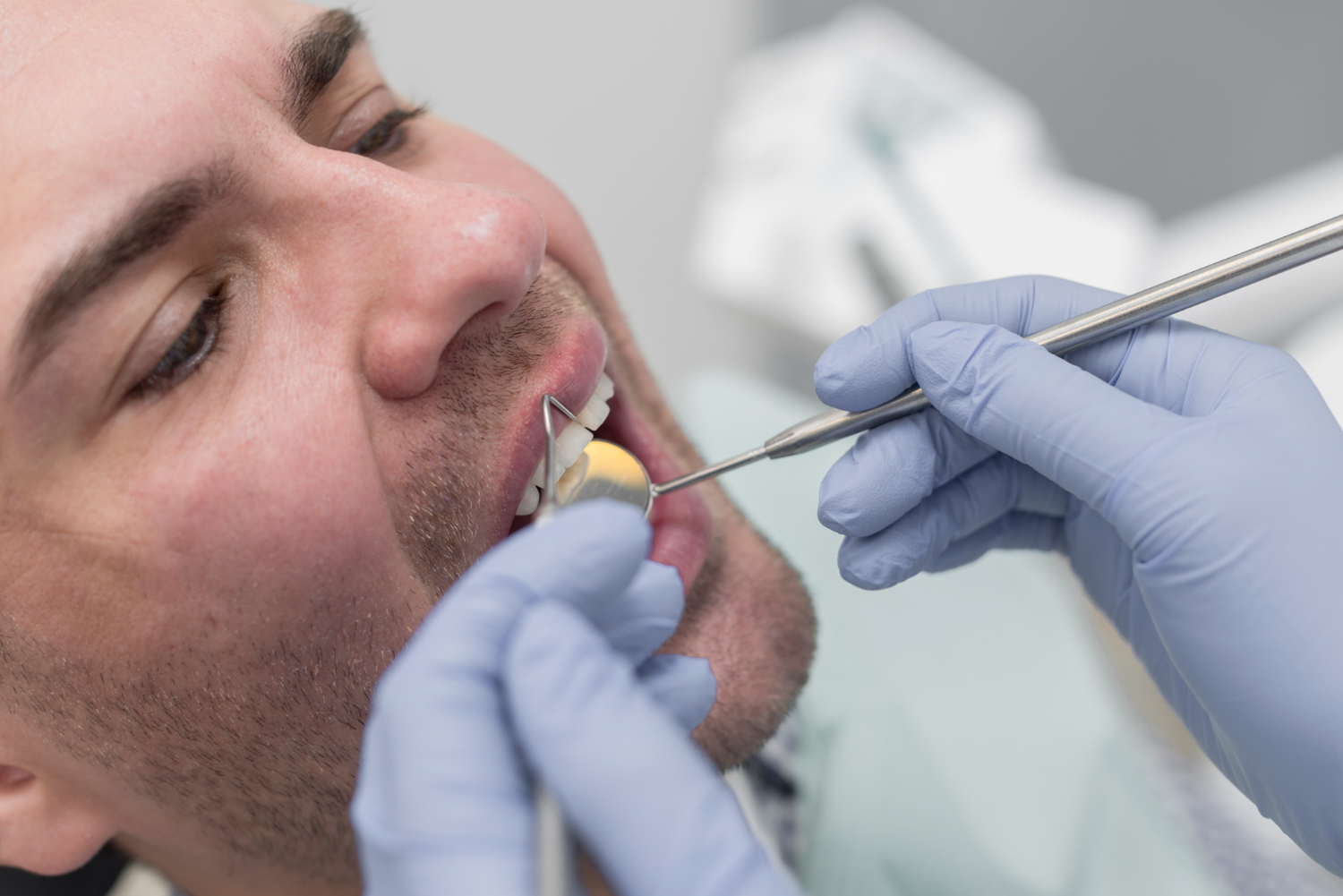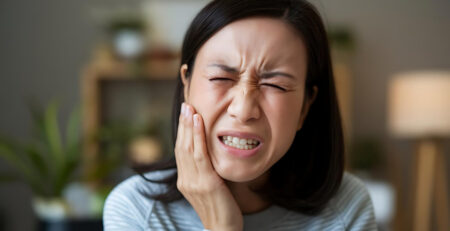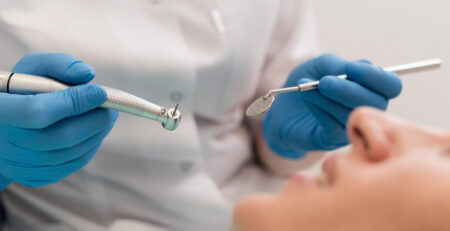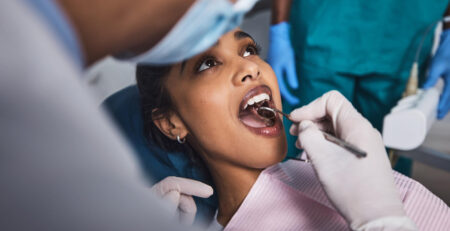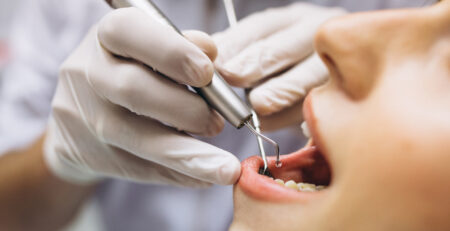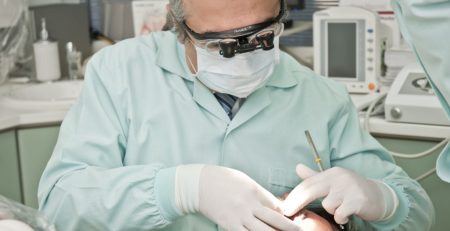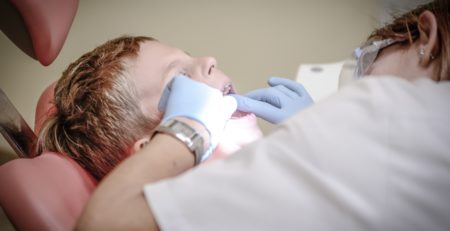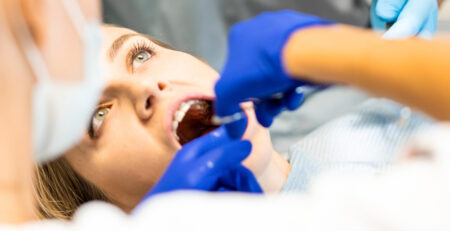Chipped or Cracked Tooth? Immediate Steps to Take
A chipped or cracked tooth can be unsettling and even painful, but quick action can make a big difference in protecting your oral health. Whether it happened during a meal or an accident, knowing what to do right away can prevent further damage and ease discomfort. These simple, practical steps will help you take control of the situation until you can see a dentist.
Rinse Your Mouth Gently to Keep the Area Clean
Keeping the injured area clean is crucial to prevent infection or irritation. Gently rinse your mouth with warm water to remove debris or bacteria around the chipped or cracked tooth. Avoid using forceful swishing, as this could worsen the damage or irritate sensitive tissue around the tooth. A simple rinse will clean the area without causing additional discomfort.
Make sure to use clean water and avoid any mouthwash that might sting or irritate the exposed tooth. If you have salt available, mix a small amount into the water to create a mild antiseptic solution. This helps reduce the risk of infection while keeping the affected area free of harmful particles.
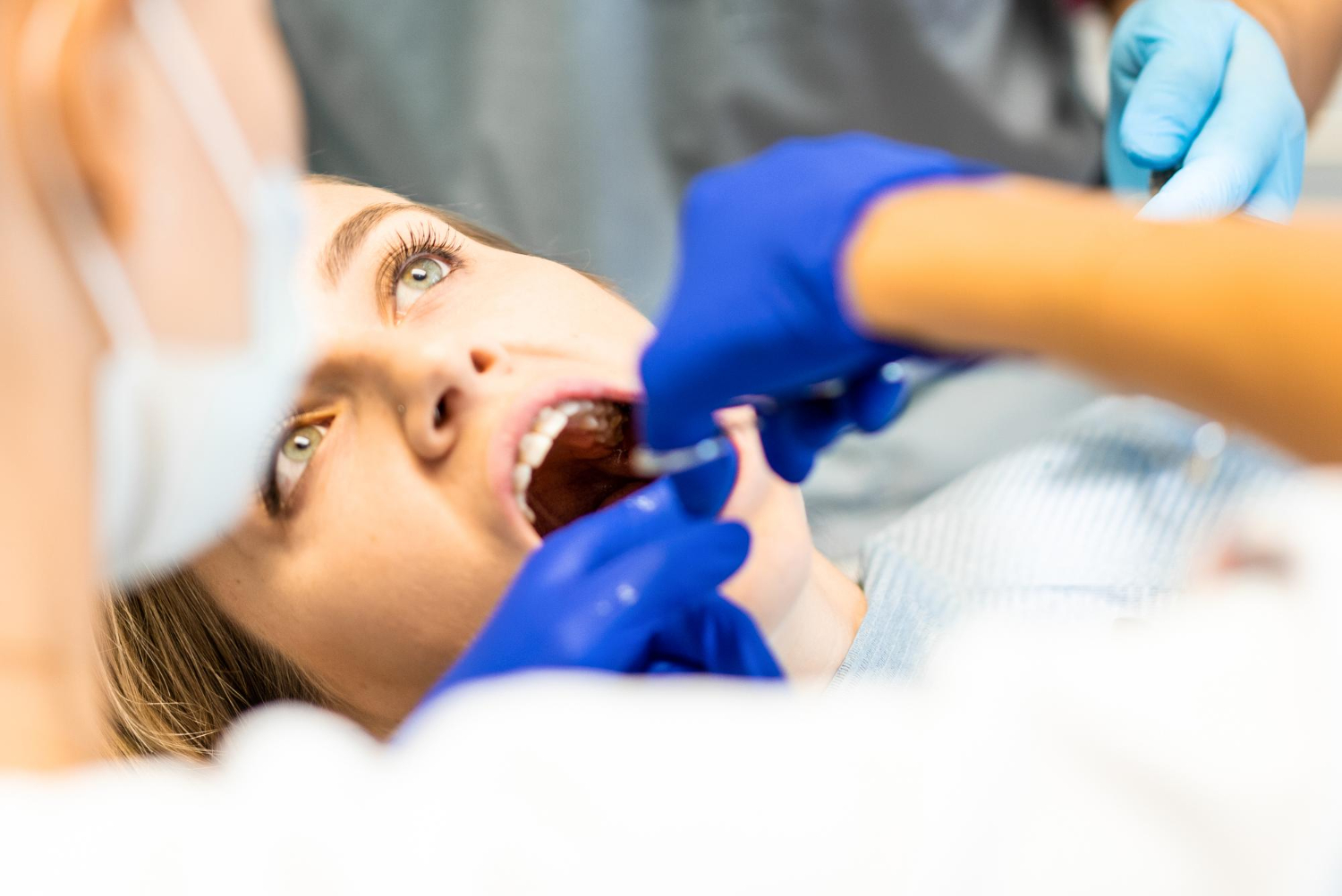
Use a Cold Compress to Reduce Swelling and Discomfort
Swelling and pain often accompany a chipped or cracked tooth, but a cold compress can help. Place the compress on the outside of your cheek near the injured area to reduce swelling and numb the pain. Use a soft cloth or towel to avoid direct contact with your skin, and hold it in place for about 10 to 15 minutes.
If you don’t have a cold compress, a bag of frozen vegetables wrapped in a towel can work just as well. This simple step can help you feel more comfortable while minimizing inflammation. Remember to avoid applying ice directly to the skin, as this can cause irritation or even frostbite.
Avoid Chewing on the Side of the Mouth with the Chipped Tooth
After a tooth is chipped or cracked, it’s important to avoid putting pressure on it. Chewing on the injured side of your mouth can make the damage worse or cause pain. Stick to soft foods and chew on the unaffected side to protect the damaged tooth until you can see a dentist.
Be mindful of the types of food you eat, too. Crunchy or sticky foods can worsen the situation and may even cause fragments of the tooth to break off. Focus on foods that are easy to chew and won’t irritate the injured area, helping you avoid unnecessary discomfort.
Save Any Tooth Fragments and Bring Them to Your Dentist
If your tooth has chipped into pieces, try to locate the fragments and store them safely. Place them in a clean container or wrap them in a moist paper towel to keep them from drying out. In some cases, a dentist may be able to reattach the fragments, so bringing them along to your appointment is important.
Keeping the tooth fragments moist is essential. If you have milk available, it’s an ideal liquid to store the fragments in temporarily. Milk helps preserve the tooth’s structure and makes it easier for your dentist to assess whether reattachment is possible. Don’t delay in seeking professional care, as time is a key factor in successful repair.
Avoid Hot or Cold Foods That Can Trigger Sensitivity
A chipped or cracked tooth is often more sensitive to temperature changes, making hot or cold foods a potential trigger for pain. Avoid consuming anything too hot or cold to prevent unnecessary discomfort. Instead, stick to foods and drinks that are closer to room temperature to minimize irritation.
Sensitivity from a cracked tooth happens because the protective enamel is damaged, exposing sensitive inner layers. Protecting the tooth from extreme temperatures not only reduces pain but also prevents additional stress on the damaged area. Be mindful of what you consume to keep the situation manageable until your dentist can treat it.
Keep the Area Clean by Rinsing with a Saltwater Solution
A saltwater rinse is a simple and effective way to keep the injured area clean and prevent infection. Mix half a teaspoon of salt into a glass of warm water and use it to gently rinse your mouth. This natural antiseptic solution helps reduce bacteria and soothes any irritation in the affected area.
Rinse several times a day, especially after meals, to remove food particles and bacteria from around the chipped or cracked tooth. Saltwater rinses are safe and easy to use, making them a go-to remedy for managing oral injuries before professional care is available.
Schedule an Emergency Dental Appointment As Soon As Possible
While these steps can help manage the situation temporarily, seeing a dentist quickly is essential. A chipped or cracked tooth can worsen if left untreated, potentially leading to infection or more extensive damage. Contact your dentist’s office and explain the situation to prioritize an emergency appointment.
Prompt treatment not only addresses the immediate issue but also helps prevent long-term complications. Your dentist will assess the damage and recommend the best course of action, whether it’s a simple repair or a more extensive treatment. Don’t delay in seeking professional care, as early intervention can make a significant difference in the outcome.
Trust Lumina Dental for Immediate Care and Expert Solutions for Your Chipped or Cracked Tooth
When a chipped or cracked tooth strikes, don’t let it disrupt your day—or your smile. At Lumina Dental, we’re here to provide fast, expert care to protect your oral health and restore your confidence. Our team of skilled professionals uses advanced techniques and personalized solutions to repair your tooth and prevent further damage. Whether it’s emergency treatment or long-term dental support, you can count on us to prioritize your comfort and well-being.
Don’t wait for the issue to worsen—reach out to Lumina Dental today. With our compassionate approach and cutting-edge technology, we’re dedicated to making your dental experience as smooth as possible. Take the first step toward relief and restoration by scheduling your appointment now. Contact us and let Lumina Dental help you smile with confidence again.
